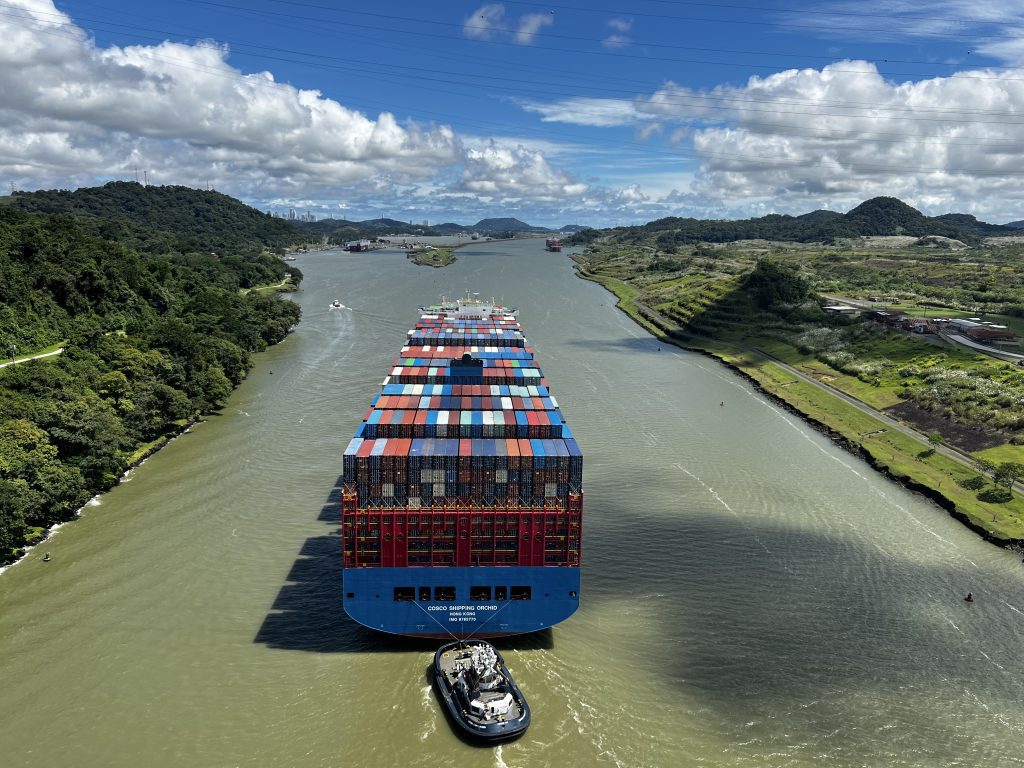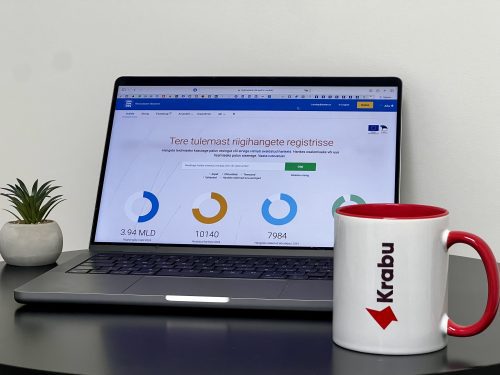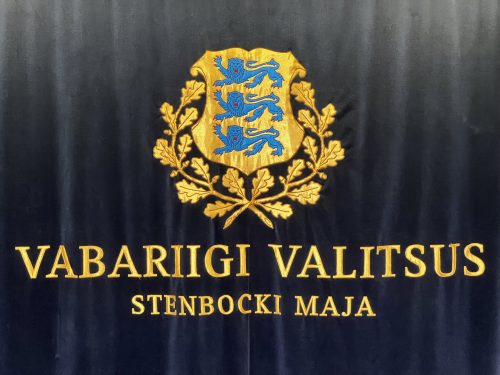Green light for the Estonian maritime affairs: the shipping draft act has become a law
February 18, 2019

Estonian Parliament has passed the shipping draft act by which Estonian maritime circles are hoping to start the revival of the Estonian shipping sector, which was once strong but now disappearing, and to turn Estonia into a globally competitive maritime country, the Postimees writes.
The input for the creation of this draft was an analysis, which was carried out by Krabu Grupp two years ago, commissioned by the Estonian Maritime Administration. As a result of the analysis, prerequisites for the creation of a new information system and legislative base were established, which enable to reduce the time spent by officials and seafarers on procedures by 2-3 times and to increase the number of seafarers registered in Estonia at least twice.
“Our role was to analyse the information system that combines existing seafarer certification decisions and integrates them with other public services. This allows to multiply the efficiency of agency work, and makes it much more innovative and convenient for customers. The planned Information System for Seafarers is likely to be the world’s most advanced data management system for seafarers,” said Kati Krabu, Member of the Board of Krabu Grupp.
The draft, known as the shipping draft act, is a package of laws that amends several maritime laws at once. The expected total impact of the changes is to increase the turnover of the entire maritime cluster, create new high-paid jobs, and generate new tax revenues into the state budget once the cargo ships start using the Estonian flag and ship register again.
The mechanism of action of the act is multi-stage and the main changes brought about by its implementation are that the income tax on the earnings of seafarers of merchant ships sailing under the Estonian flag will be taken down to 0 per cent, and shipowners will be offered an opportunity to pay an annual fee depending on the size of the ship, i.e. the tonnage tax, instead of corporation tax.
During the analysis conducted in 2017, Krabu Grupp’s analysts explored the Estonian legislation in the field of maritime affairs, as well as the activities of the Maritime Administration, partner organisations and marine educational institutions. The suggested changes are input information for creating a new information system that ensures fully electronic data management and time savings. The results of the analysis and the prototype of the information system were handed over to the Maritime Administration in March 2018. The creation of a new information system is due to the development of digital technology and its spreading even in a conservative field such as shipping. Some maritime nations that want to attract seafarers with the ease of use of services are already using similar solutions. The Estonian information system will be created taking into account the latest trends in this field.
According to the Maritime Administration, additional jobs and new companies in the maritime shore sector would increase Estonia’s GDP by an estimated 2 percent over 10 years.
Latest News

Krabu Grupp is among the top 50 Estonian IT companies that have won the most public procurements
September 30, 2024
The ITuudised portal published a ranking of Estonian IT companies that have won the most public tenders. The total amount of contracts being performed in the rating of fifty companies amounts to almost one billion euros.

Krabu Lang to Provide Simultaneous Interpretation for the Estonian Government
August 20, 2024
The Government Office of Estonia and the translation agency belonging to the Krabu Grupp have signed an agreement on providing simultaneous interpretation service for government press conferences.